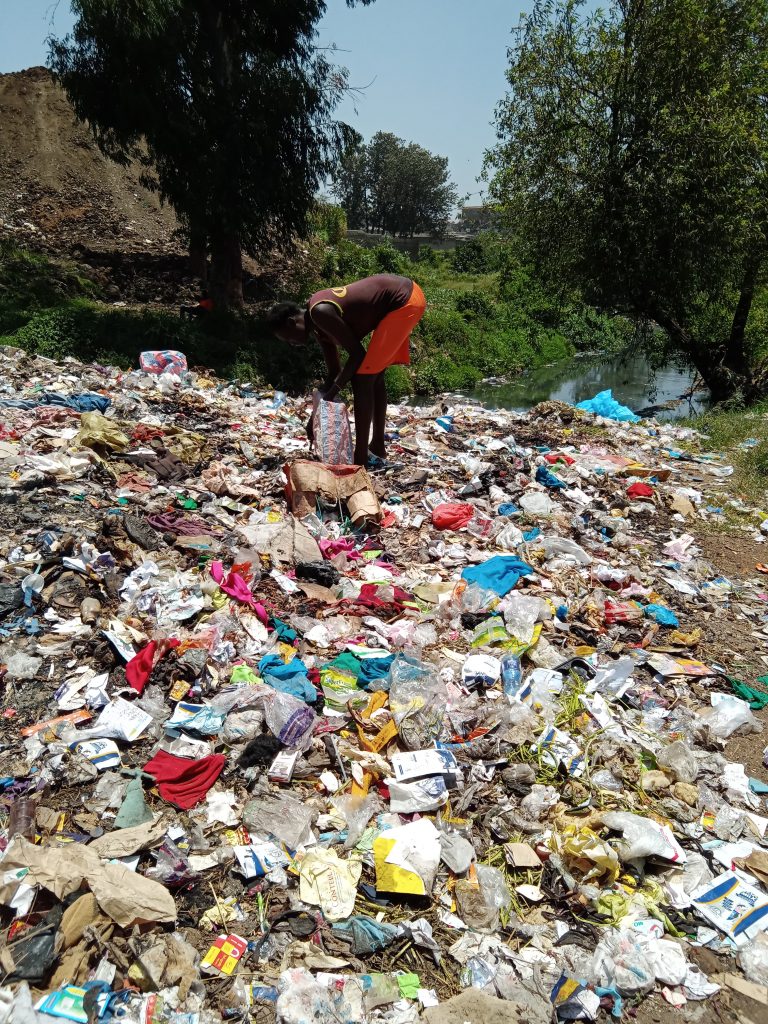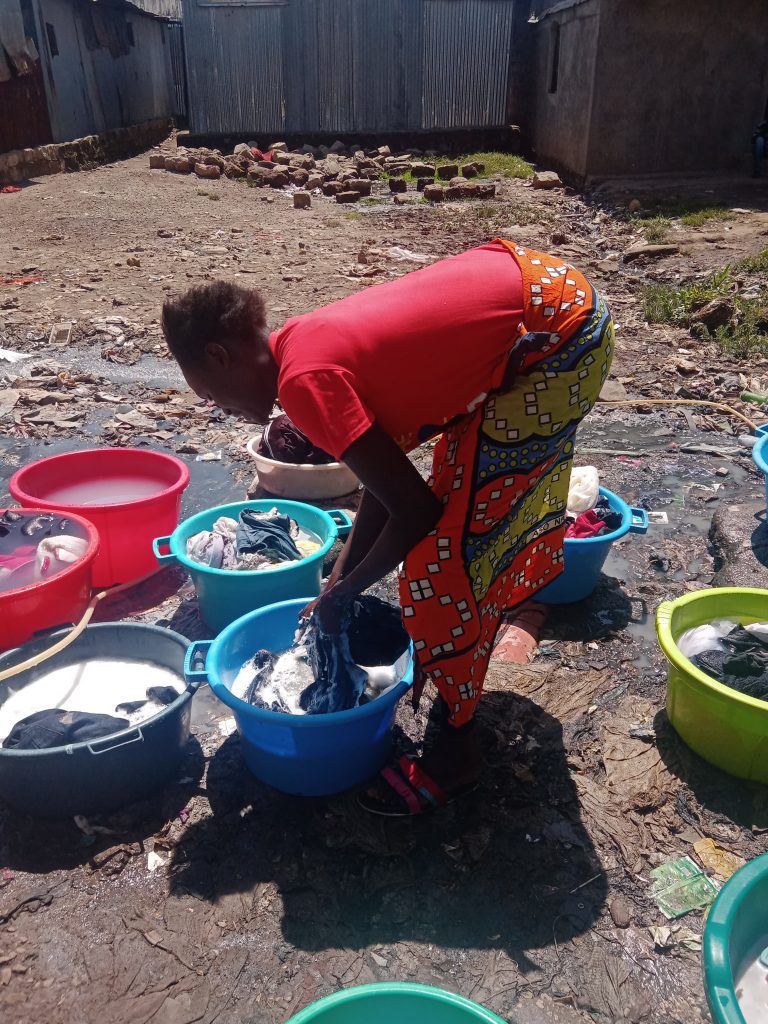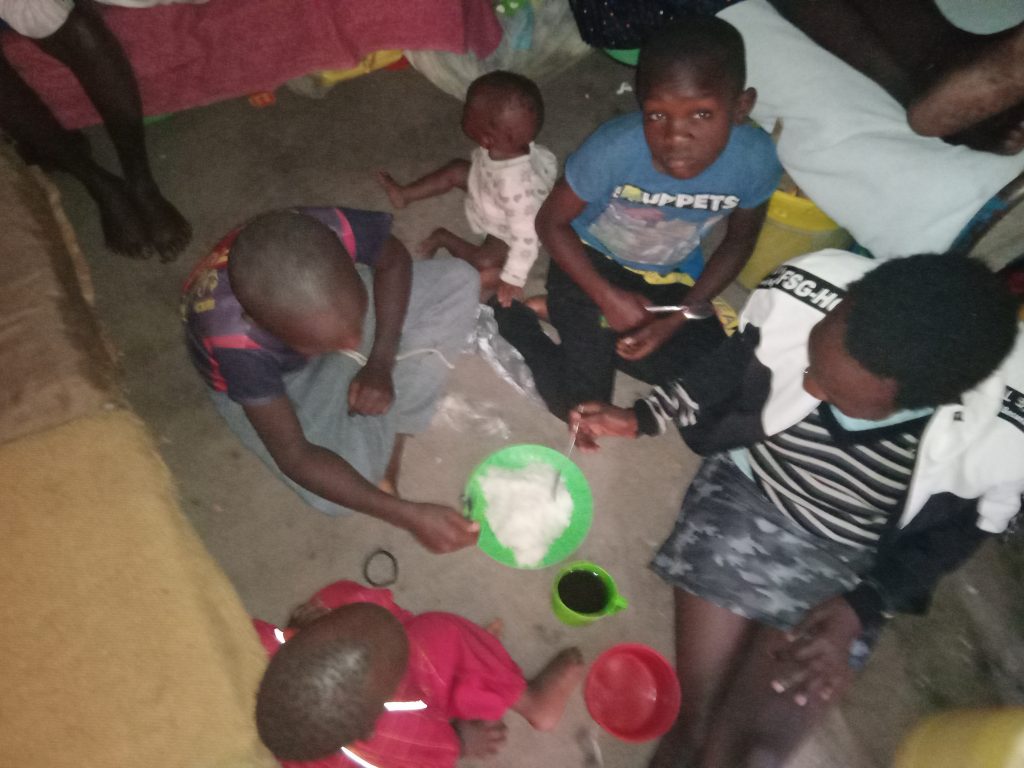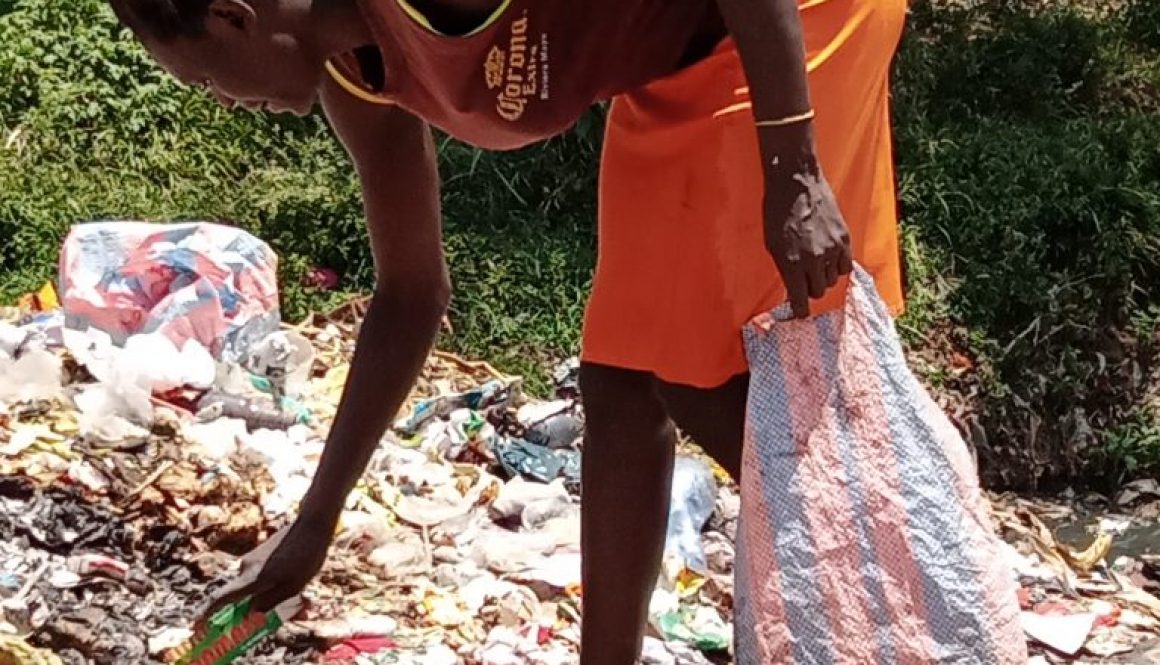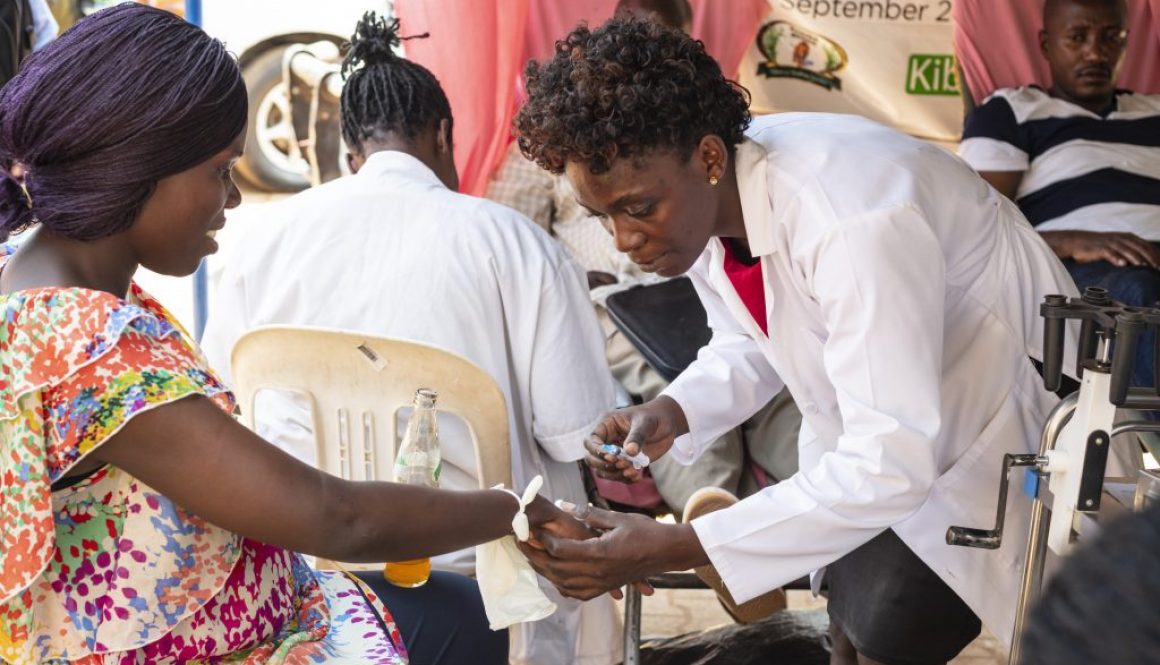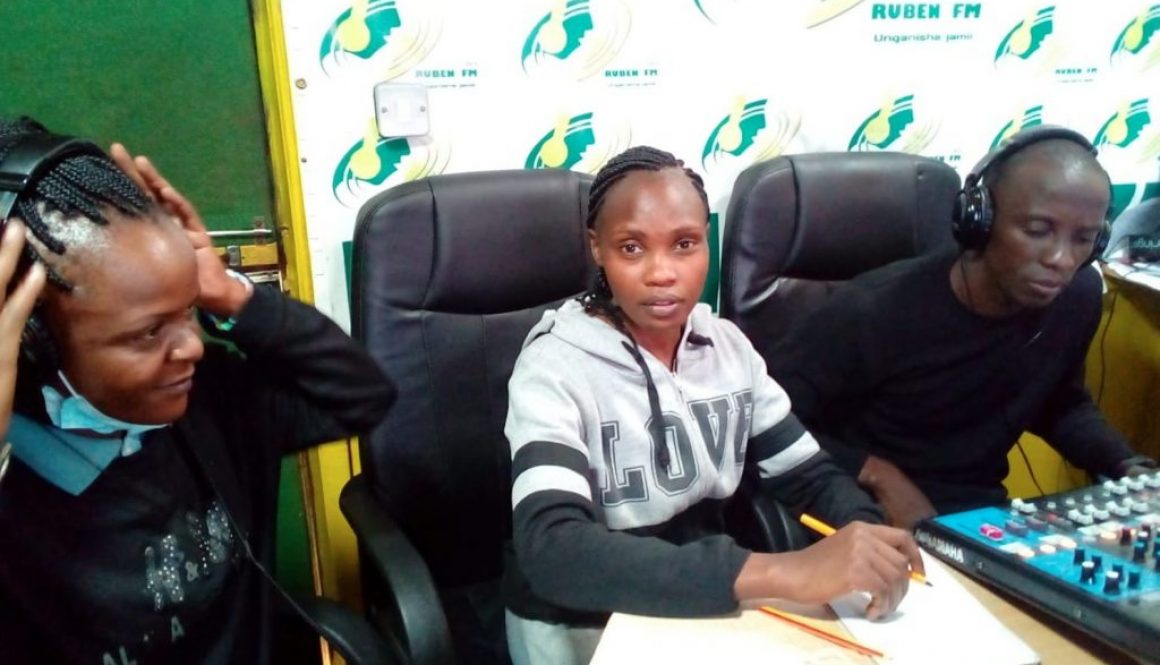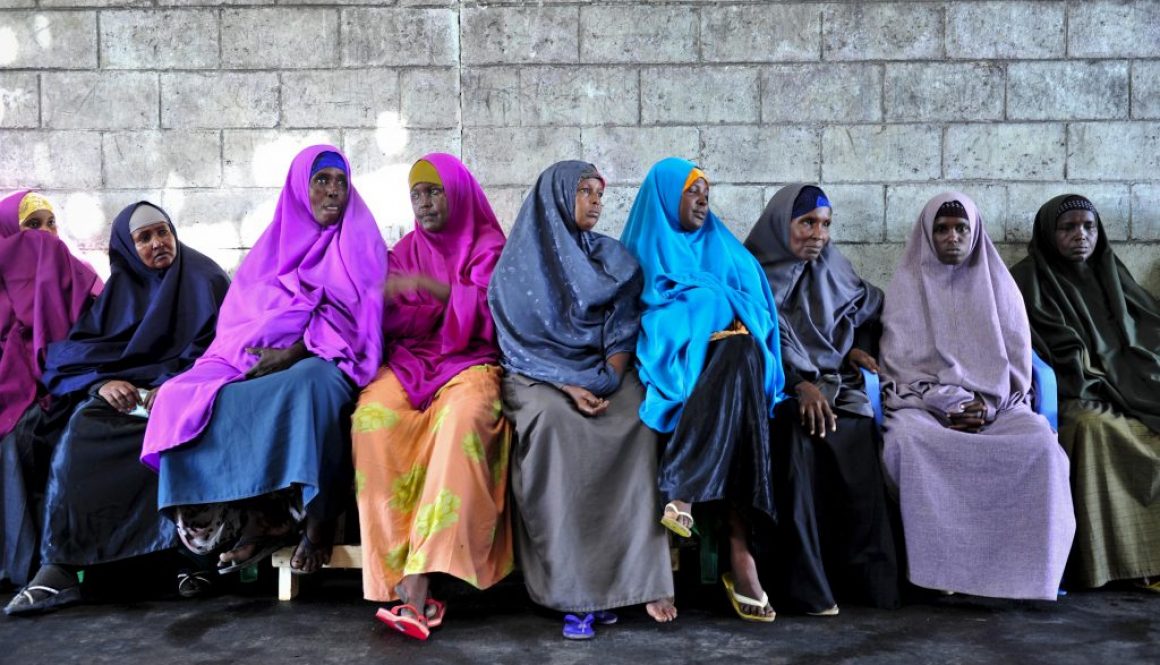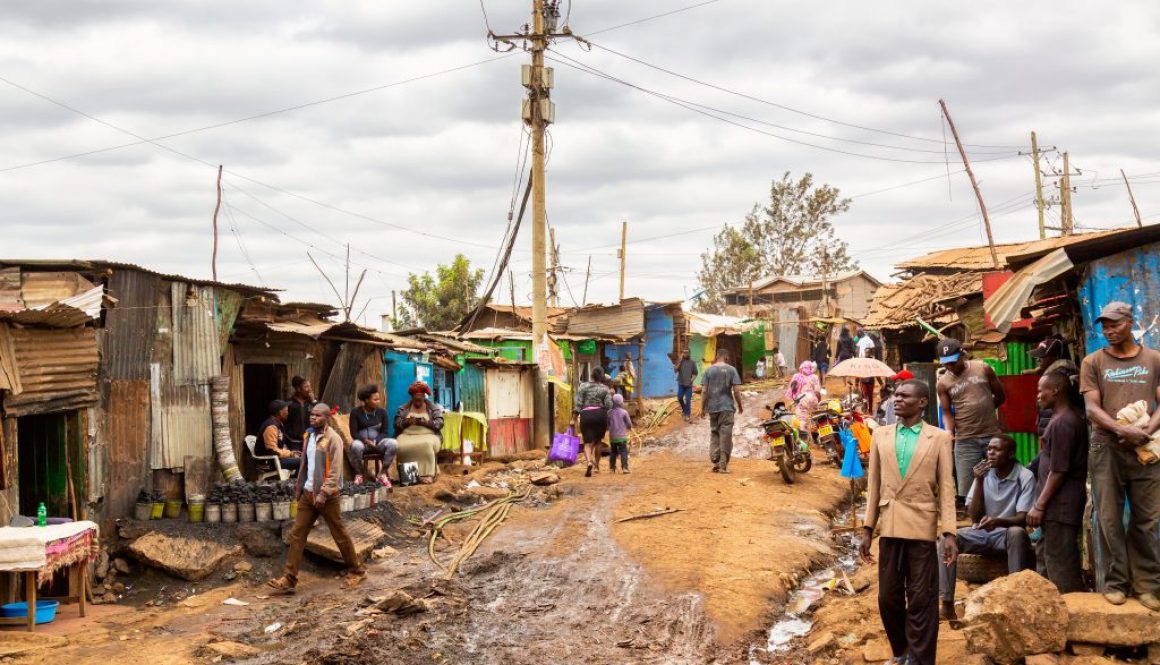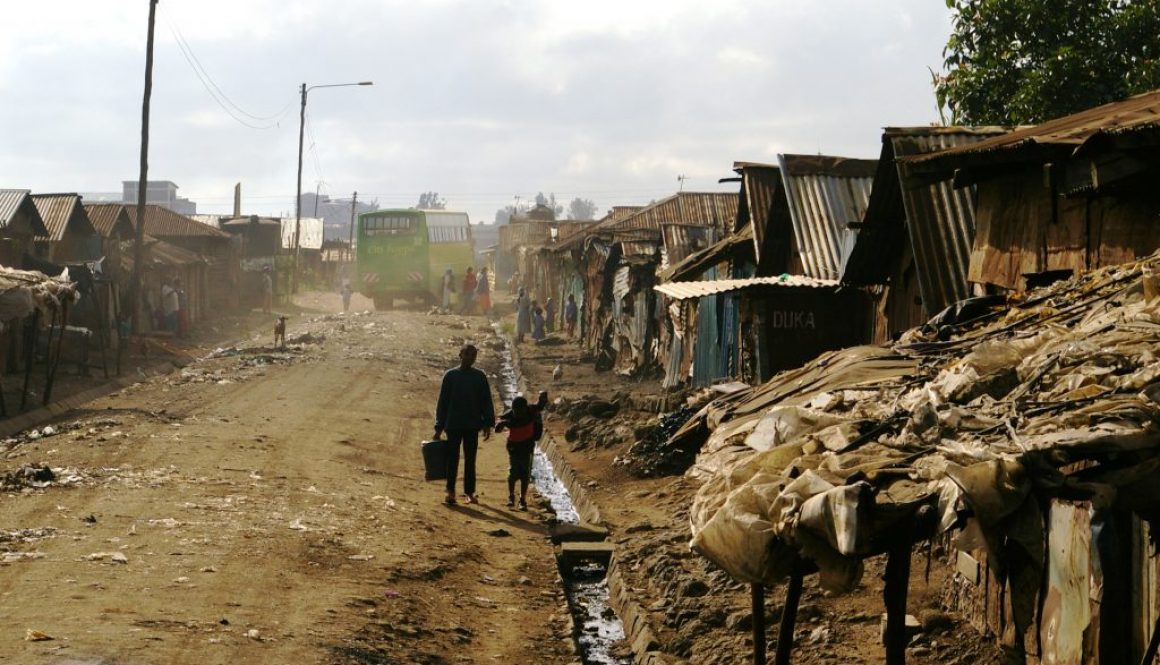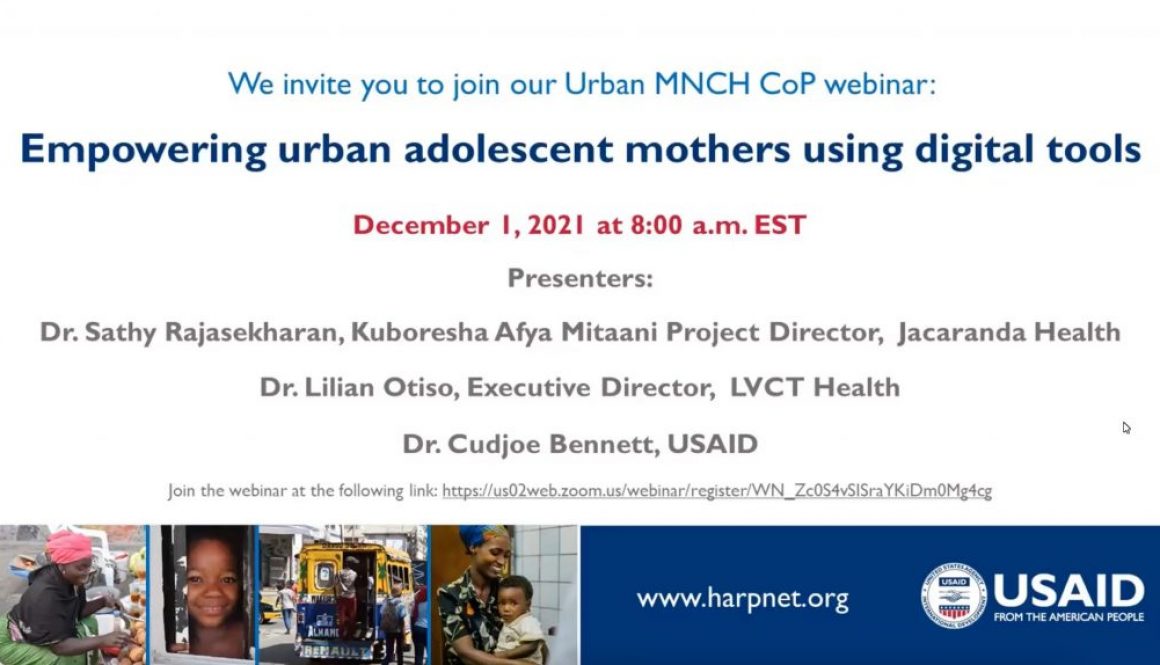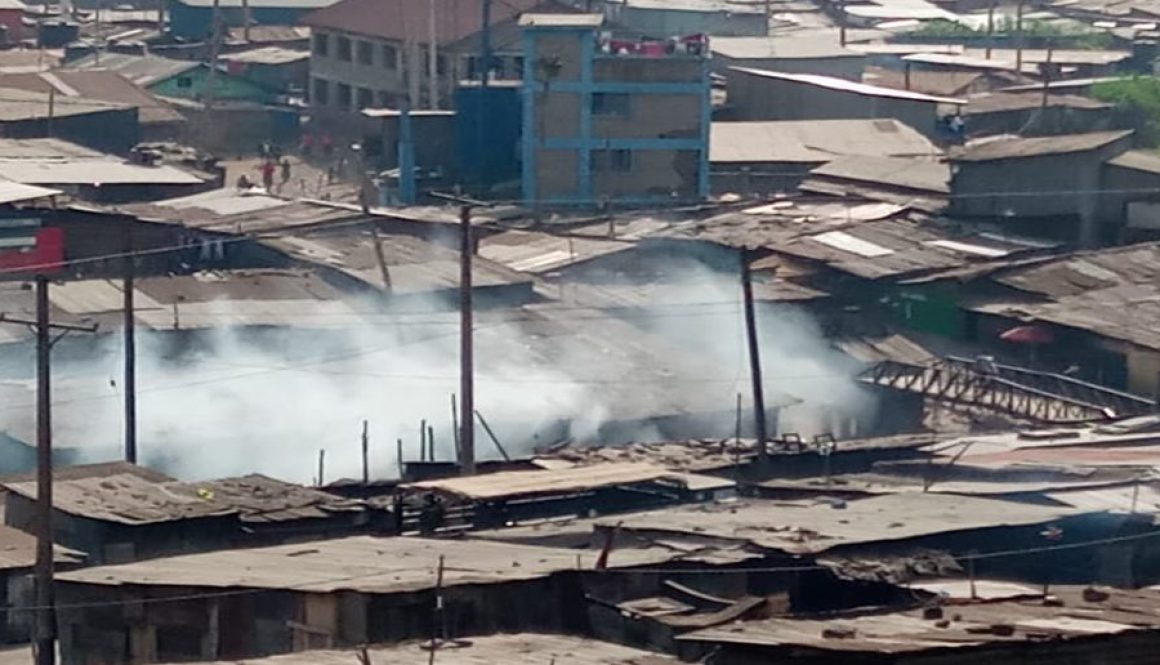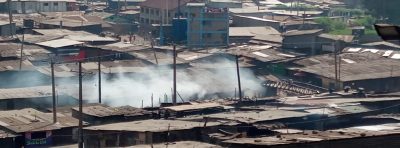Nicera Wanjiru writes about a recent successful knowledge exchange between ARISE colleagues in Kenya and Sierra Leone, where many different approaches were shared including utilising physical addressing systems, savings culture and the ripple effect of community mapping.
“The knowledge that we have acquired in the course of this learning exchange is not going to gather dust in the shelves, it will be eaten by cockroaches. We are going to make good use of this knowledge that we got from this exchange,” said Abu Matthew Sesay, a federation member from Sierra Leonne. Abu visited Kenya with four colleagues as part of the ARISE project’s sponsored Kenya and Sierra Leone knowledge exchange, courtesy of Muungano wa Wanavijiji.
Sierra Leone is situated in West Africa with a population of about 7.97 million people. Sierra Leone is spread across an area of around 72 000 square kilometers, with most of its informal settlements located between the Atlantic Ocean and a large mountain. In Sierra Leone slum dwellers have built shanties in between the mountains, which can be dangerous.
Kenya, with a population of 48 million people, has informal settlements spread across the country. In both countries, inadequate access to health services is a major risk factor, with informal settlement being the most affected.
ARISE uses an accountability process leveraging scientific and participatory research methods to aid the urban poor in identifying the most vulnerable communities in terms of health issues.
The ARISE project learning platform plays a big role in distributing research thereby enabling collaboration at scale, which in turn helps to improve health and health care in low-income communities. A key requirement for such learning exchange is having a way to create and share information and knowledge in furtherance of the work of the community.
The recent five-day exchange brought together different organizations from Kenya and Sierra Leone. The participating teams included community members, federation members, community health workers, and co-researchers. The exchange offered a great platform to compare and contrast the different dynamics of the informal settlements in both countries.
Over the course of five days the participants shared experiences and work strategies, identified common challenges and outlined possible next steps in the ARISE project.
The exchange included sessions on advocacy, community empowerment methods, health access rights, power relations and partnerships, as well as the opportunity to get to know more about Muungano’s organizing process.
This was the first in-person ARISE exchange event since the pandemic started, and the atmosphere was vibrant and excited. The exchange was also the first thematic learning exchange, and a foundational step towards building a joint agenda on empowerment and health and environmental justice.
The exchange emphasised a multi sectoral approach to ending poor health practices caused by lack of proper infrastructure and basic services in the informal settlements. This exchange was attended by SDI President Joe’ Muturi, and Rashid Mutua who is the Chairperson of Muungano wa Wanavijiji.
Muungano wa Wanavijiji has made progress in addressing health challenges through effective participatory data collection processes, engagement with city administration and most importantly advocating for inclusivity in city planning. They have adopted a multi-sectoral approach involving all stake holders in the development and implementation of programs to protect and promote rights to better health.
Understanding the role of data collectors and co-researchers
“In Sierra Leone, data collectors help with data collection process in the field while co-researchers help with formulating research questionnaires, data collection, data analysis, and most importantly reporting research outcomes. Data collectors are soutced from the respective urban poor communities,” said Samuel Saidu, from COMAHS in Sierra Leone.
In Kenya there is no major difference between the roles of co-researchers and data collectors. In Muungano wa Wanavijiji’s approach they all help in the formulation of research questionnaires, data collection and analysing data.
Four pillars from the Sierra Leone exchange
1. Physical Addressing System (PAS)
“In Mathare we have done several activities, mapping the provision of 13 villages. We are planning on carrying out mapping and numbering of structures in all the villages. So far we’ve managed to carry out settlement profiling in Mathare 4B, Kosovo and Kiamutisya,” said Emily, a national federation leader based in Mathare.
“We mobilised the youth in this area, trained them on conducting mapping, numbering and enumeration as this equips the young people with new skills. When you walk around you will see doors written, that’s the physical address. But now we have upgraded we are using plates – though this is very expensive. The physical address plates are categorised according to five colour variations where each colour represents a specified structure. Yellow for religious institutions, blue for public utility, brown for residential, and red for business premises,” Emily explained.
Eva Muchiri, a youth leader in Mathare and a member of Muungano wa Wanavijiji, highlights the importance of working with Community Health Volunteers (CHVs). In her reflections, Eva said, “We are working closely with community health volunteers in the mapping exercise in order to easily address health emergencies of patients in their respective units using the physical address system. This makes it easier for them to help in the navigation of residences since they have been working closely with the residents on a daily basis in administering health assistance”.
During an open session in Mathare, Ibrahim Juldeh from the SLURC organisation in Sierra Leone applauded the work that the Kenya federation of the urban poor is doing in the informal settlements. “In Sierra Leone informal settlements have no physical addresses; this will help a lot for every intervention the government needs evidence of. This will also make it easier for our co-researchers to transverse the community with ease.” For Ibrahim implementing the physical addressing system will be key to the co-researchers back in Sierra Leone.
According to a co-researcher in Kenya physical addressing helps in locating structures, identifying residences, and creating awareness of and counting fire outbreaks which are rampant in the informal settlements. With the PAS they can easily identify who is affected. Through the involvement of the elders the process became much easier.
“I get lost every day I have to call someone to help me exit the slum but with numbering it will be very easy. In Cocobay when you enter the slum it may be difficult to leave the slum or even see the entry and exit points,” said Zacky, a Co-researcher from Sierra Leone.
2. Savings culture and women’s involvement in the federation
In Kenya, women’s involvement in community affairs is critical in federation activities especially on matters of advocacy. This is not common within the Sierra Leone federation.
“My work is challenging in Amoeba unless my wife becomes the chairlady, in fact she is,” says Isa, a co-researcher in Sierra Leone. “In Freetown you don’t demonstrate as a way of agitating for fundamental rights, when you do that you easily die. As I listened to Doris (a federation leader from Muungano wa Wanavijiji) it seems that Kenya has upheld freedom of expression, and it’s your democratic right to picket. And amazingly the women are in the forefront. You will never see such a thing in my Country,” said Isa.
One of the approaches taken by the federation has been mobilizing and organizing through saving. Saving has made communities much stronger – increasing land ownership, establishing more businesses, and allowing people to afford better housing. These improvements have been documented in case studies from Nakuru and Kambi Moto.
“Savings culture is amazing. How someone can save bit by bit and build a house – this is a very powerful tool for making the slums formal. Being my first time to travel it’s a blessing and an eye opener for me. This exchange gives me hope that one day our communities will stop residing in the mountains and we will settle somewhere better with better housing and access to basic services. Our people have died not one, not two but in dozens every time a huge stone rolls from the top of the mountain. It may kill up to 100 slum dwellers,” said Abu, a federation member from Sierra Leone. Abu suggested establishing a WhatsApp group to allow the learning exchange to continue.
3. Photo voice technique
“A photo speaks a thousand words. LVCT is a key partner in the ARISE Project, and representatives from the organization did a photo voice project that highlighted the challenges facing community members which included poor sanitation, the burden of care, poor connection to electricity, malnutrition, poor drainage and healthcare,” said Inviolata, an LVCT facilitator.
She also highlighted the ARISE project’s research focused on identifying the level of vulnerability in Mukuru and Korogocho informal settlements respectively. The research was undertaken by persons living with disabilities, village elders, and community health volunteers. Those targeted for interviews included people living with disabilities, children headed homes and elder persons. The research also identified some common diseases found in the informal settlements namely; typhoid, tuberculosis, cholera, and malaria.
During the discussions Abu from Sierra Leone noted that the photo voice project also gave a picture of results of poor governance on the slums in Sierra Leone.
“The burden of care picture really captivated attention as it was beyond general community outlook and focused on the household, from raising the children, employment status, orphans and also people living with disability,” said Dorice, a federation member from Kenya.
4. The ripple effect of community mapping
“When you drop a stone in a basin full of water the water creates ripples and bubbles,” explained Michelle during the exchange visit.
“With Ripple Effect Mapping you can analyse not just the project impact but you can get more details from the person who was doing the implementation. Most of times when doing our reports we only focus on the community not the people who were involved in this processes. This is a tool we are using for monitoring and evaluation. This tool uses a guide questioner where there is a listener and a narrator,” said Michelle, from SDI. She continued, “As the co-researchers narrated their experience it was evident that we could capture their best movements in the field, their challenges and how they tackled them and their opinion on what needs to be improved. One thing that was clear is that there was more information coming out.”
Ibrahim from Sierra Leone was overjoyed by this. He told the team that the ripple effect mapping was the best tool as it makes the exercise livelier and saves time.
Final thoughts from the exchange
“You guys have the spirit to uplift people in informal settlements. That willingness to bring transformation through unity, you showed us the tree of transformation. The innovation to provide housing in Mukuru is also very important”, said Ibrahim from SLURC.
“Physical addressing improves the relationship with the community members. You can use CHVs to incorporate this in their work then they become your champions,” said Ibrahim.
“Climate change is a big issue globally; we should devise vulnerability maps from the numbering and mapping, combining vulnerability maps with physical addressing,” said Jane Wairutu of SDI Kenya.
All participants look forward to the next opportunity to exchange learning, and share approaches.
Image credit: Photo by vlad_karavaev is licensed by iStock
